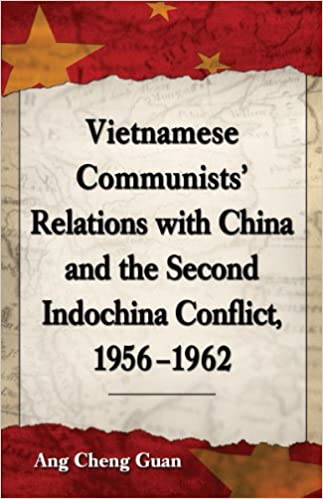06 November 1997
- RSIS
- Publication
- External Publications
- Vietnamese Communist Relations with China and the Second Indo-China Conflict, 1956-1962


According to the final declaration of the 1954 Geneva Conference, general elections were to be held in July 1956 that would lead to the reunification of North and South Vietnam. The Geneva agreement was, however, doomed from the start, as the South Vietnamese leaders did not suscribe to it and the leaders of the Communist North saw its value primarily as propaganda. By 1956 it was obvious that reunification was impossible, and the North Vietnamese looked to China for advice and assistance. Based on Vietnamese, Chinese, American and British sources–many only recently made available–this work examines Sino-Vietnamese relations in the early stages of the second Indochina conflict and reveals that the Hanoi government was remarkably in control of its own decision-making.
According to the final declaration of the 1954 Geneva Conference, general elections were to be held in July 1956 that would lead to the reunification of North and South Vietnam. The Geneva agreement was, however, doomed from the start, as the South Vietnamese leaders did not suscribe to it and the leaders of the Communist North saw its value primarily as propaganda. By 1956 it was obvious that reunification was impossible, and the North Vietnamese looked to China for advice and assistance. Based on Vietnamese, Chinese, American and British sources–many only recently made available–this work examines Sino-Vietnamese relations in the early stages of the second Indochina conflict and reveals that the Hanoi government was remarkably in control of its own decision-making.



